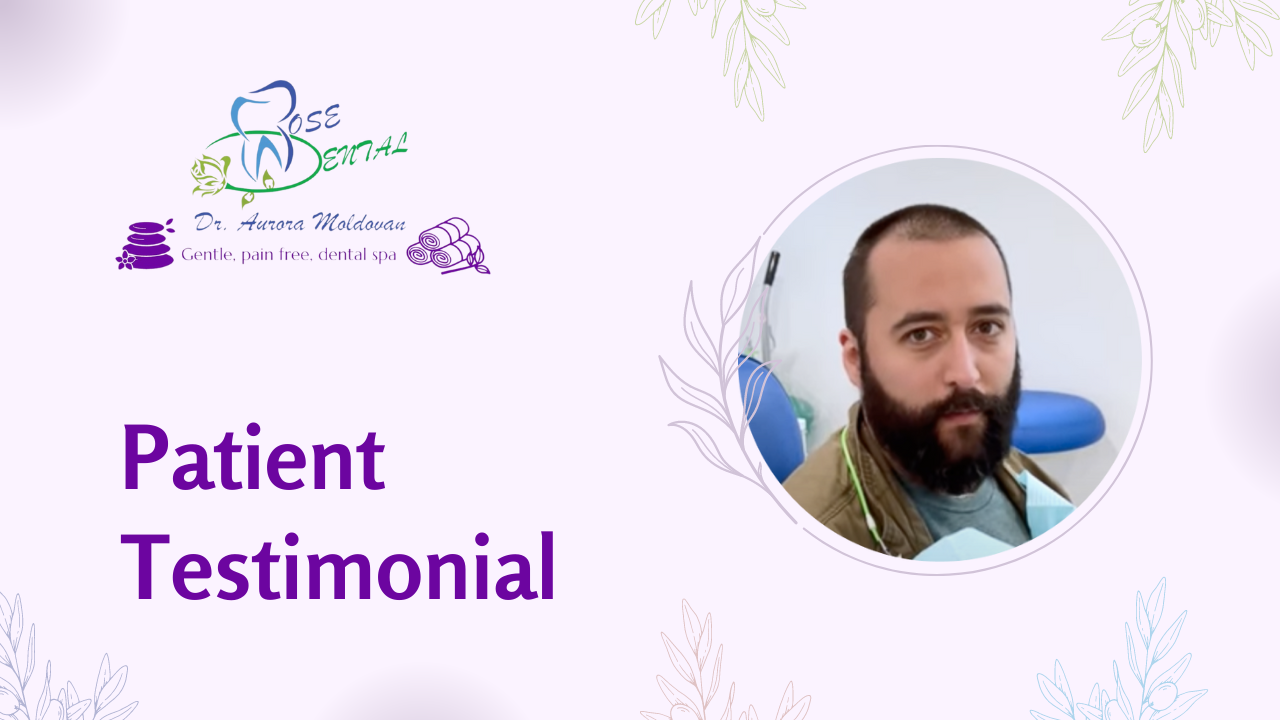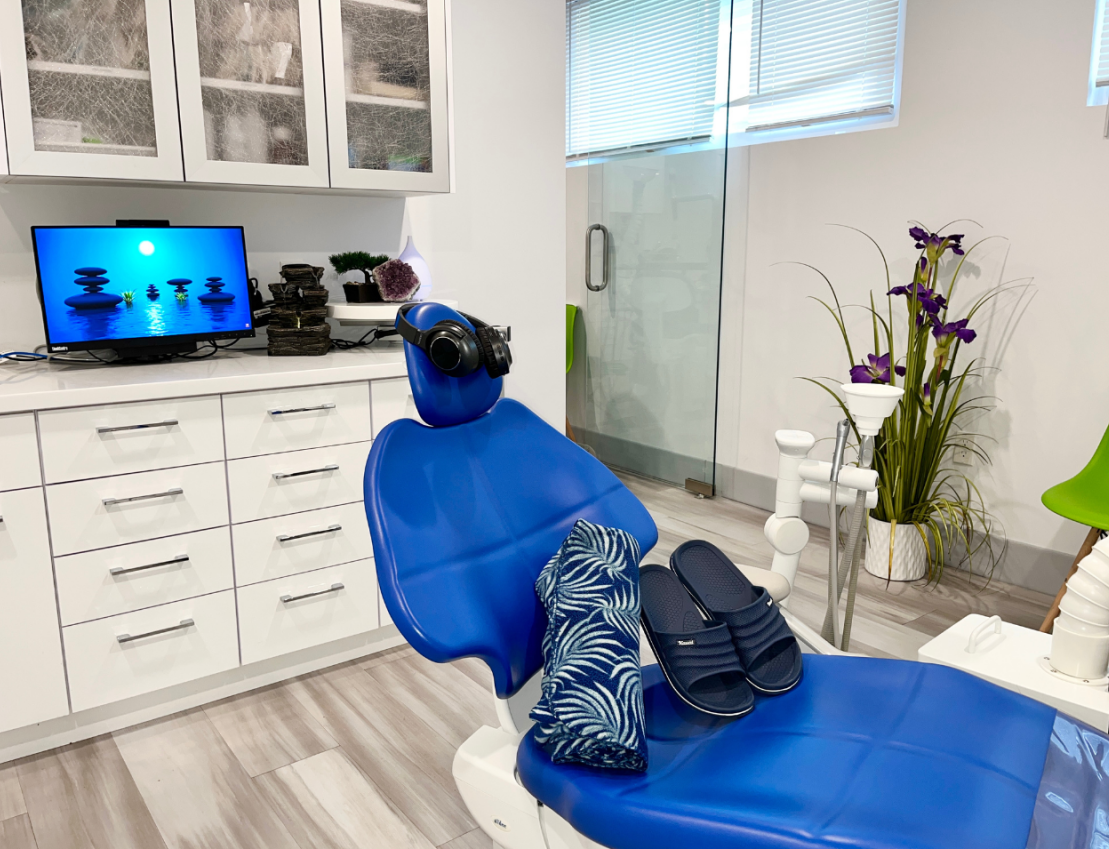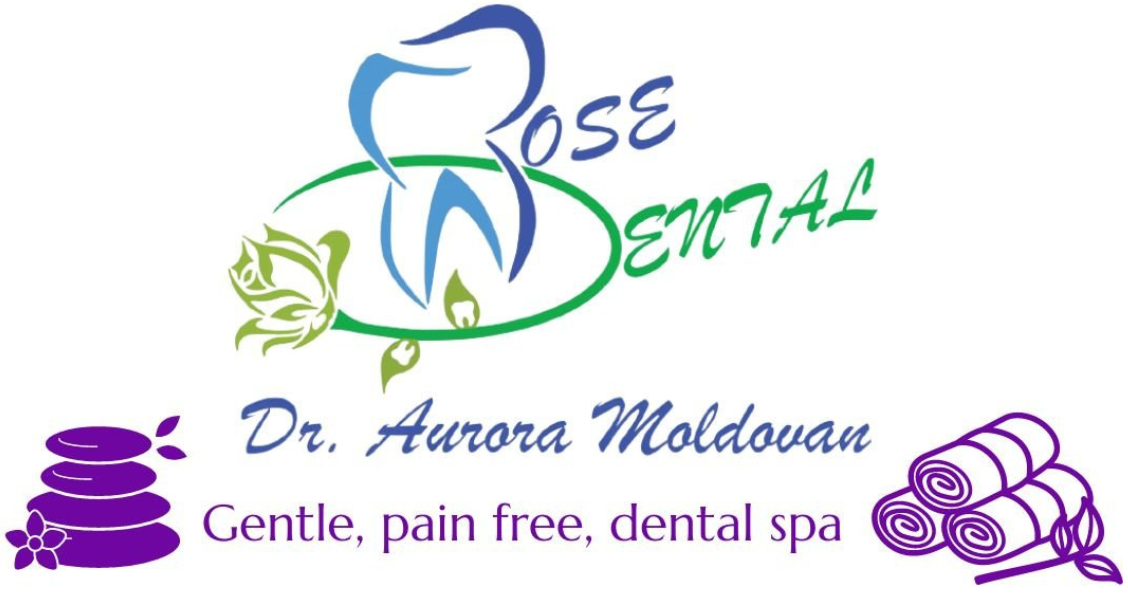
The Signs And Symptoms Of Oral Cancer
Oral cancer is distinguished by the abnormal growth of cells in the mouth, lips, tongue, or throat. Detecting it early can significantly increase the chances of successful treatment. While individuals over the age of 45 face a higher risk of developing oral cancer, regardless of age, it is advisable to undergo oral cancer screening if you have experienced any of the following symptoms:
- Discoloured patches in your mouth or on your lips, which may appear white or dark red.
- Unfamiliar lumps or unusual changes in texture in the oral area.
- Persistent canker sores that do not heal, numb patches, or continuous bleeding.
- An unusual sensation in the tongue, alterations in your sense of taste, or difficulties with swallowing.
Risk factors associated with oral cancer include:
- Smoking or the use of tobacco products such as cigarettes, cigars, and chewing tobacco.
- Heavy or moderate alcohol consumption, particularly when combined with tobacco use.
- The potential for human papillomavirus (HPV) infection in the oral region.
- Excessive sun exposure, especially in individuals with a lifestyle that involves significant sun exposure.
- A poor diet or unhealthy eating habits.
- A family history of oral cancer.
- Oral cancer is more prevalent in men than in women.
- A history of leukoplakia, which is characterized by thick, whitish patches that develop inside the mouth.
Prevention, Detection And Treatment Of Oral Cancer
Treatment will be planned on a case by case basis and will heavily depend on the severity, type and location of the suspected cancer.
Spotting early signs of cancer
The objective of an oral cancer screening is to promptly identify cancer or precancerous conditions within your oral cavity. During this examination, your dentist will carefully inspect the interior of your mouth, including under your tongue, in search of any unusual red or white patches or suspicious sores. Additionally, your dentist will palpate the tissues within your mouth to detect any abnormalities like lumps or unusual textures. They may also assess your throat and neck exterior for the presence of any lumps or irregularities.
Diagnosis and treatment
In the event that your oral screening reveals indications of cancer, you might be requested to undergo further assessments, including a biopsy (which involves the removal of a small piece of the suspicious tissue for laboratory analysis) or imaging procedures like X-rays, ultrasounds, CT scans, or MRI scans. In cases where confirmed tumors are found, treatment options may include surgical procedures, chemotherapy, or radiation therapy to address the condition.
Prevention of oral cancer
To reduce the risk of oral cancer in the future, it’s essential to take proactive steps now. This includes scheduling regular dental check-ups for routine examinations, quitting the use of tobacco products, practicing responsible alcohol consumption, being mindful of direct sunlight exposure and using UV-protective lip balms, maintaining a healthy diet that includes plenty of fruits and vegetables, and during your daily brushing and flossing routine, remember to inspect your mouth for any signs or symptoms, promptly reporting any concerns to your dentist. These preventive measures can significantly contribute to reducing the risk of oral cancer down the road.
Contact us today
to schedule an initial consultation & exam.
Your consultation will include an examination of everything from your teeth, gums and soft tissues to the shape and condition of your bite. Generally, we want to see how your whole mouth looks and functions. Before we plan your treatment we want to know everything about the health and aesthetic of your smile, and, most importantly, what you want to achieve so we can help you get there.
Frequently Asked Questions
If you have any of the risk factors for oral cancer it’s a good idea to ask for an oral cancer screening at your regular dental exam. If you have discovered an unusually coloured or textured patch in your mouth or a lump or suspicious sore you’re encouraged to schedule an appointment to get it checked out.
Your dentist will examine your lips and the inside of your mouth including your cheeks, gums and all sides of your tongue. They will also carefully feel around for any lumps or unusual textures. The dentist may also feel your face, jaw, throat and neck for unusual lumps or tenderness.
Wash your hands with warm soapy water. In front of your bathroom mirror, you’ll want to examine the roof of your mouth, your lips, tongue and gums. Pull your top lip up and bottom lip down to see behind them. You may use a piece of gauze or a cotton pad to help you grip your tongue to check the sides and underside. Do your best to look at your gums, and use your fingers to feel the insides of your mouth. You’re looking and feeling for colour changes, lumps and bumps, unusual textures or tenderness. Let your dentist know if you have any sores that have not healed after two weeks.
Small, usually painless, flat patches that may appear red, white, gray or yellow with red edges. These small patches can affect any area of the mouth including the lips, gums, cheeks, tongue and the roof of the mouth. As a good rule of thumb, it’s a good idea to have anything that looks or feels unusual checked out by your doctor or dentist.
What Our Patients Are Saying
Absolutely Amazing

Very Professional and Relaxing

Gentle and Great Care


